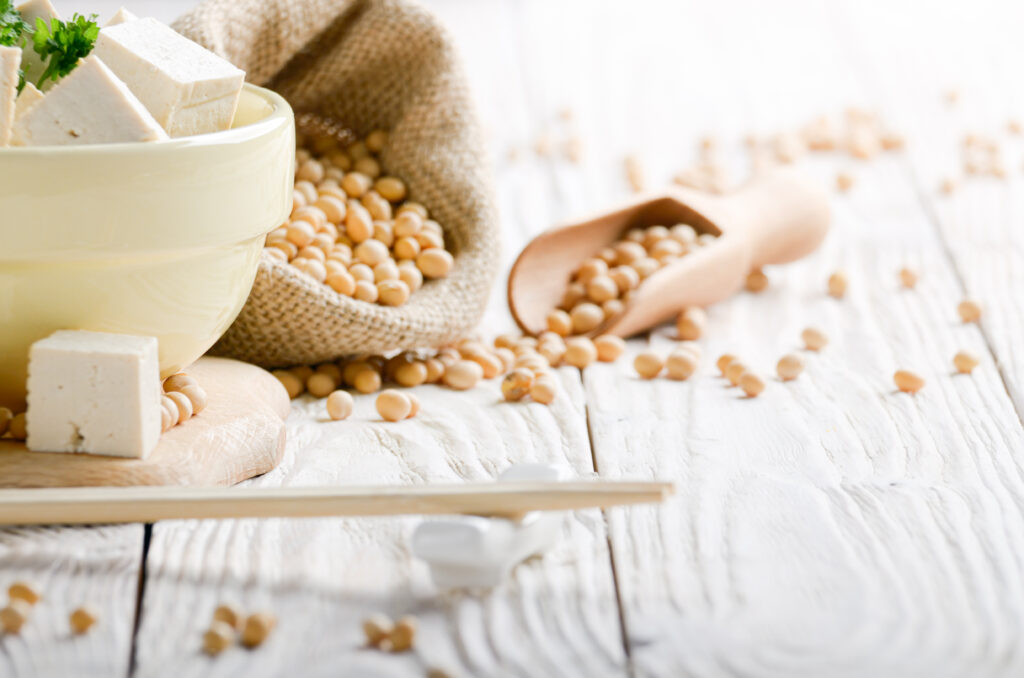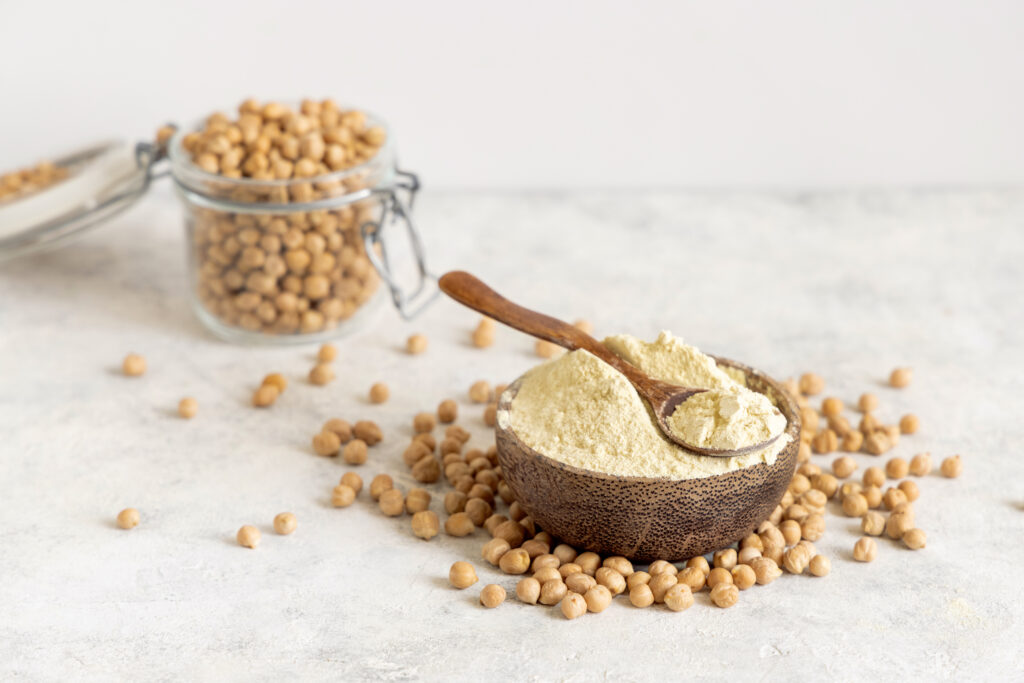Fun fact: People in Asian countries consume 10x the soy isoflavones as people in Western countries. But what does the research say about phytoestrogens, and how can they impact your health?

What Are Phytoestrogens?
Phytoestrogens are plant compounds found in foods that mimic estrogen in the body. Some common sources include:
✔️ Isoflavones in soy
✔️ Lignans in flax seeds
✔️ Resveratrol in wine
These compounds are gaining attention for their potential health benefits, especially when it comes to breast cancer.
The Research: Phytoestrogens and Breast Cancer Risk
Studies show a correlation between a diet rich in phytoestrogens and a lower risk of breast cancer, particularly in premenopausal women, and a reduced risk of recurrence after menopause (PMID 35241506, 38070485).
How Much Should You Eat?
For the biggest benefits, aim for about 60 mg of soy isoflavones daily, or roughly 2-3 servings of soy. However, soy can be tricky—it’s a common allergen and often genetically engineered or heavily processed.
The Key: Quality Matters
To avoid the pitfalls of processed soy, look for organic, minimally processed options like tofu, tempeh, miso, and edamame. These will give you the benefits without the unwanted additives.
Need Help?
If navigating all this feels overwhelming and you’d prefer a personalized plan for your hormonal health, we’re here to guide you.
Book a call today to start your journey to a more vital and healthier you!







